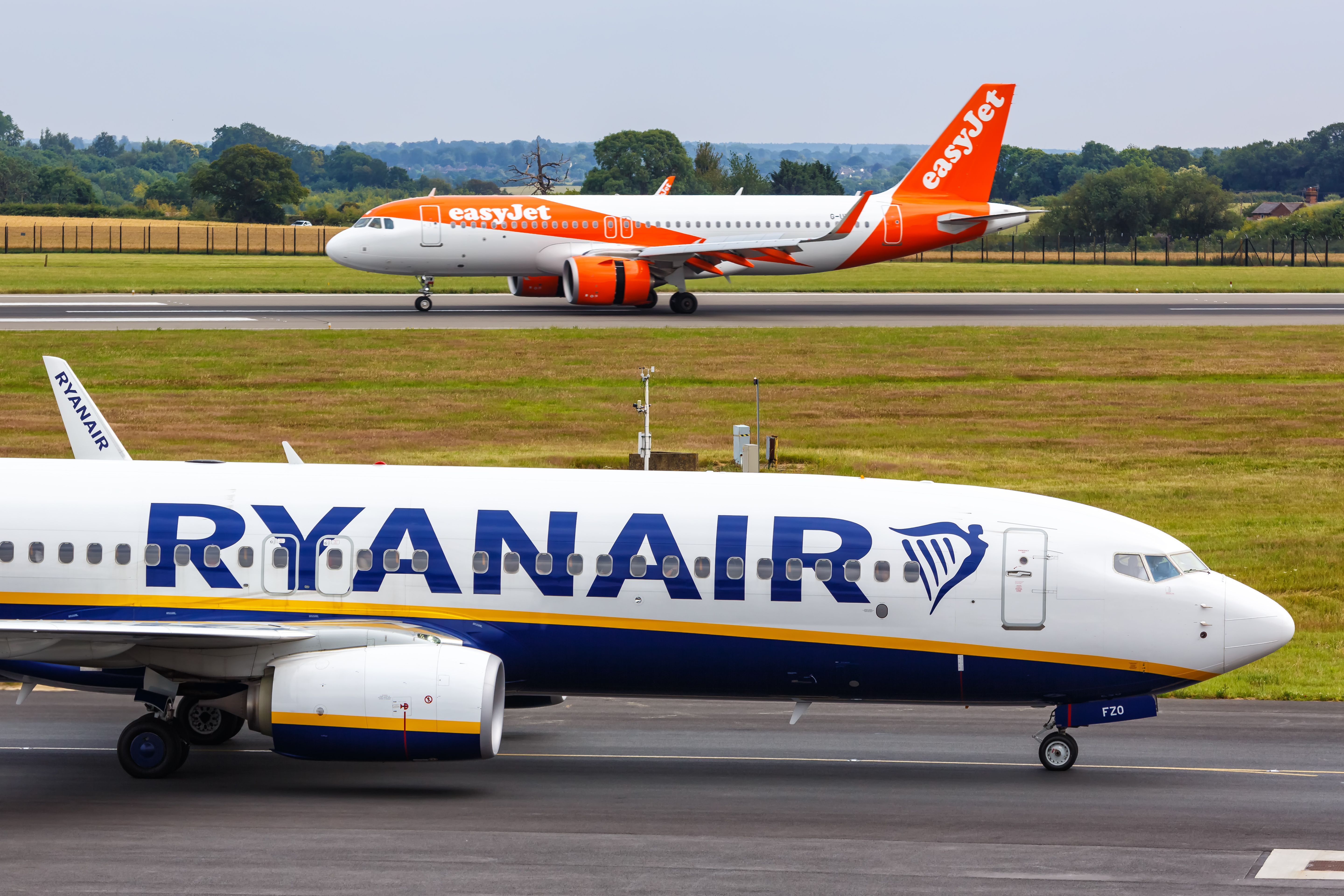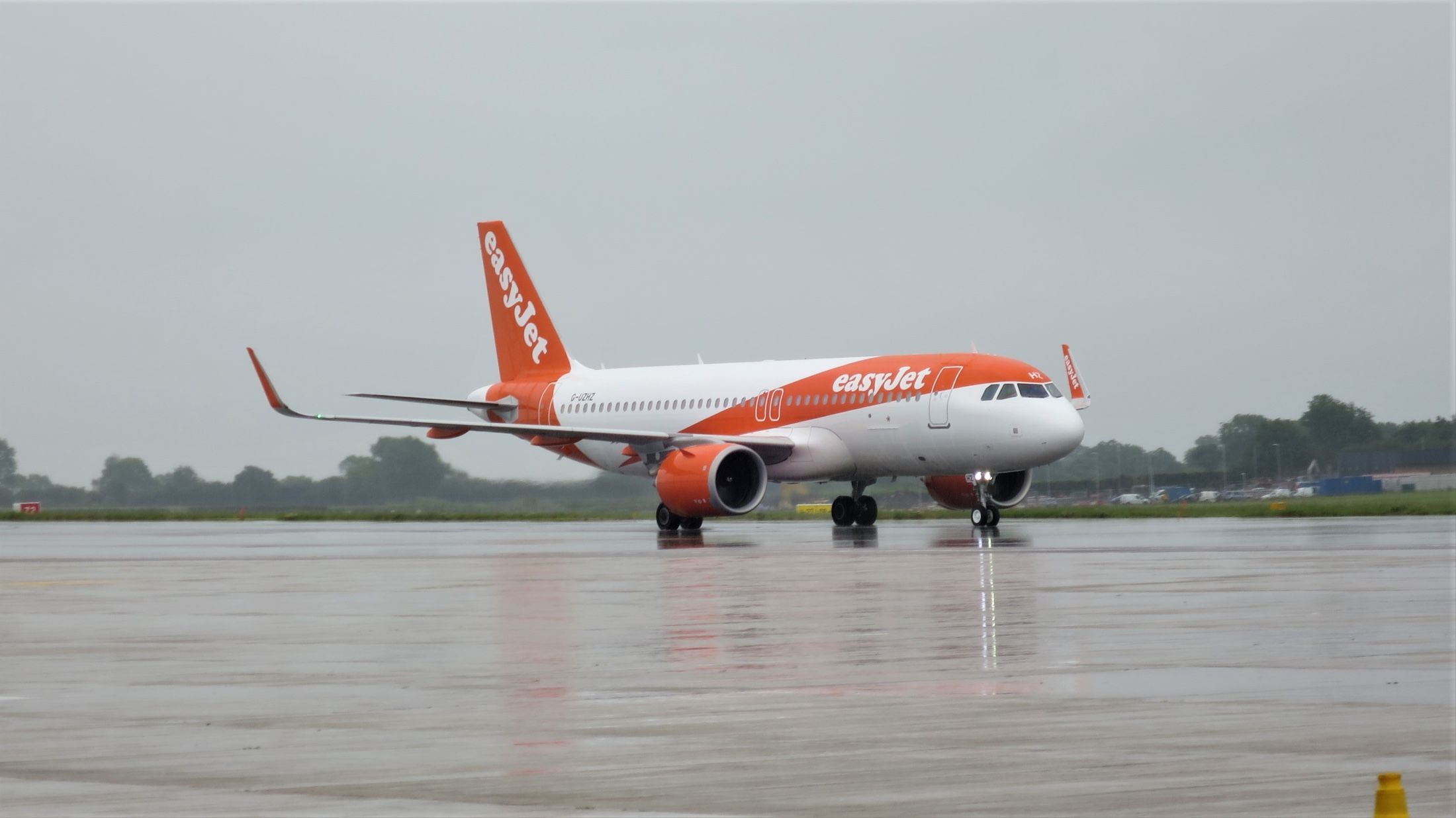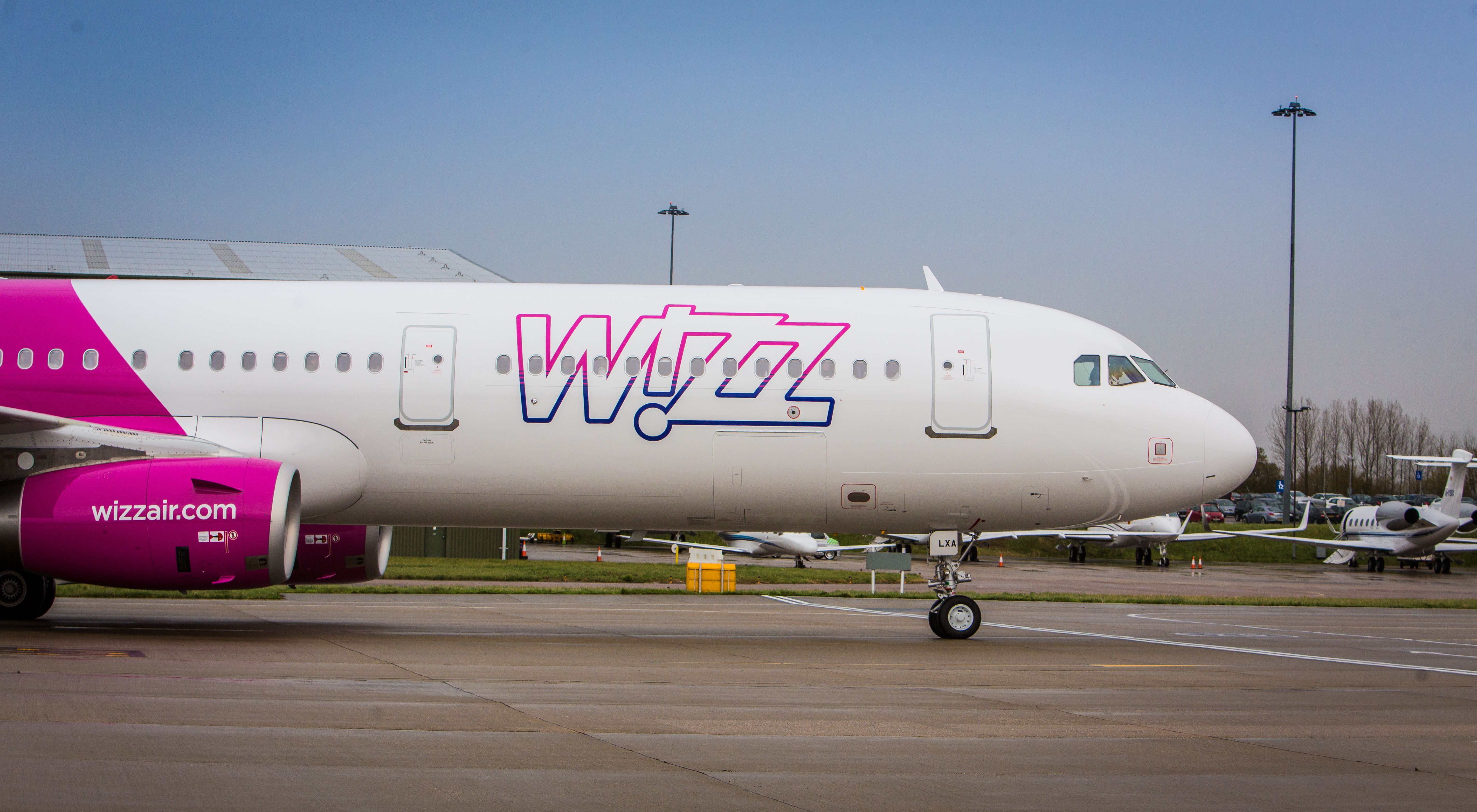Frequent flyer programs go hand-in-hand for many passengers, with collecting miles, moving up tiers, and using benefits an essential part of the experience. However, this isn't true at budget airlines, whose sole focus is the cheapest fare and buying pricey services like checked bags or priority boarding. But that has begun changing in recent years, with low-cost carriers globally looking to create their version of loyalty programs.
As airfares between budget and full-service carriers narrow, so do the differences. Budget carriers have found that rewarding loyalty is crucial for a return customer base and staying competitive. However, achieving this is another way of raising revenue, as shown below.
Subscription-based model
In 2018, easyJet CEO Johan Lundgren said his carrier was looking to invest in its frequent flyer program. This sentiment was echoed by competitor Ryanair, which has historically opposed anything similar to a loyalty program. However, both have since announced or piloted such schemes.
easyJet's program is known as easyJet Plus, costing £215 ($254) annually. In exchange, you'll get free seat selection anywhere on the plane, free priority boarding, bag drop off, fast-track security, a cabin bag, and same-day standby (changes made three hours before departure). Interestingly, if the price of your ticket drops in the future, the carrier will give you the difference in flight credit.
This is an excellent deal for frequent flyers since the above services would cost far more if booked separately for each flight.
easyJet also has a scheme called Flight Club. It requires passengers to take 20 flights with the carrier in a year, or spend £1,500 ($1,800) in equivalent currency, or take ten flights each year for the last decade to qualify. In addition to the above benefits, you get free date changes, free name changes five times a year (i.e. transferring your ticket), early access to sales, and new schedules. You'll even get a price-match guarantee with other carriers within 48 hours of your booking, with a refund of the difference and 10% of the difference as a voucher. However, Head of Points notes the program no longer seems to be giving invitations.
Competitor Ryanair also unveiled its 'Ryanair Choice' program in 2019 with similar benefits at the price of £199/€199 ($239). While you won't get access to the best seats for free, dedicated bag drop, or same-day switches, the carrier throws in early access to sales instead.
There's only one issue: the program doesn't exist yet. Ryanair initially said it was still planning the scheme in March 2020, a year after announcing it, and the pandemic seems to have halted everything. For now, there's no timeline of if or when we will see Ryanair Choice roll out or easyJet Plus accept new members.
Wizz Air, the subscription leader
If Ryanair and easyJet are dipping their toes in the subscription model, Wizz Air has dived in head first with its Wizz Discount Club. As the name suggests, the program offers €10 ($10.6) off all flight tickets and €5 ($5.3) on any purchased baggage. It also costs much less at just €39.99 ($48) for a year individually or €79.99 ($96) for a group of five.
However, don't expect other perks like cabin bags or no change fees; this program is only a cash discount. This makes sense for light travelers who only take a backpack on trips anyway, but less so for families that need at least one larger bag on trips.
Wizz Air also offers a Privilege Pass, which provides exactly what's missing, seat selection (all rows), priority boarding, and a free trolley bag onboard. However, this costs a steeper €249 ($262/£221) for the year but could be good value for those who fly a lot and with more than a backpack.
Wizz Air undoubtedly has the most wide-ranging offering among budget carriers with its two programs. But forget about perks like lounge access, miles redemptions, and everything else you might love from your full-service programs, these programs are still about profit!
Source: Head for Points



